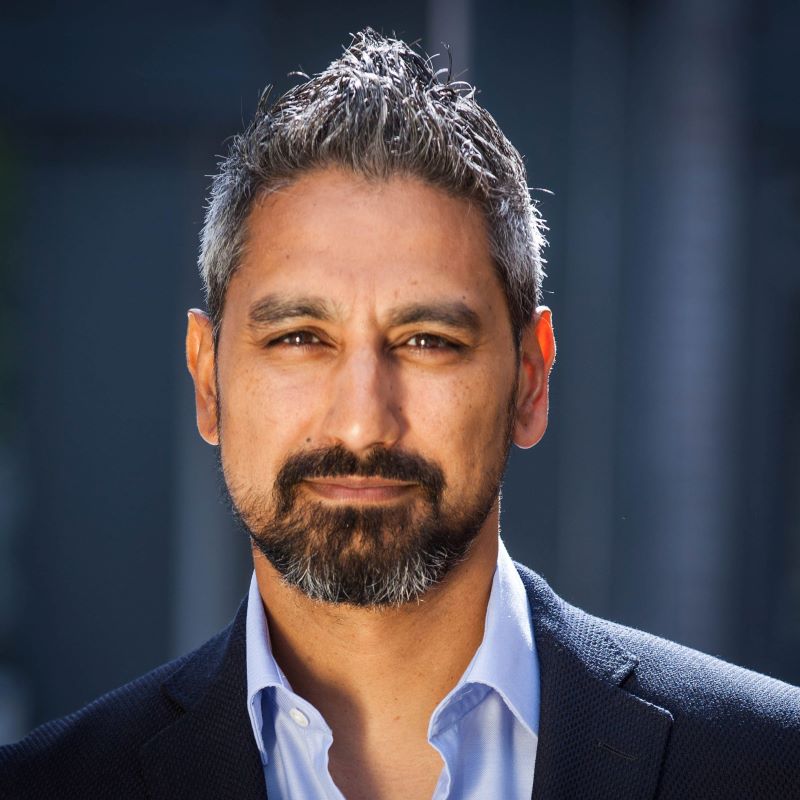13:21
Putting people at the heart of company decisions
Assad Ahmed, Founder of Phase 3, tells UNLEASH about the 17-year history that's got the company to where it is today and why it's all about their people with their integral empathetic approach.
Topics:
Speaker panel

Assad Ahmed
Founder, Phase 3
Assad founded Phase 3 in 2004 and guides the company through his continuing strategic and financial leadership role today. His inspiration is to maintain the fun and family-feel of early days Phase 3 whilst achieving exciting ambitions for Phase 3 and their customers.
